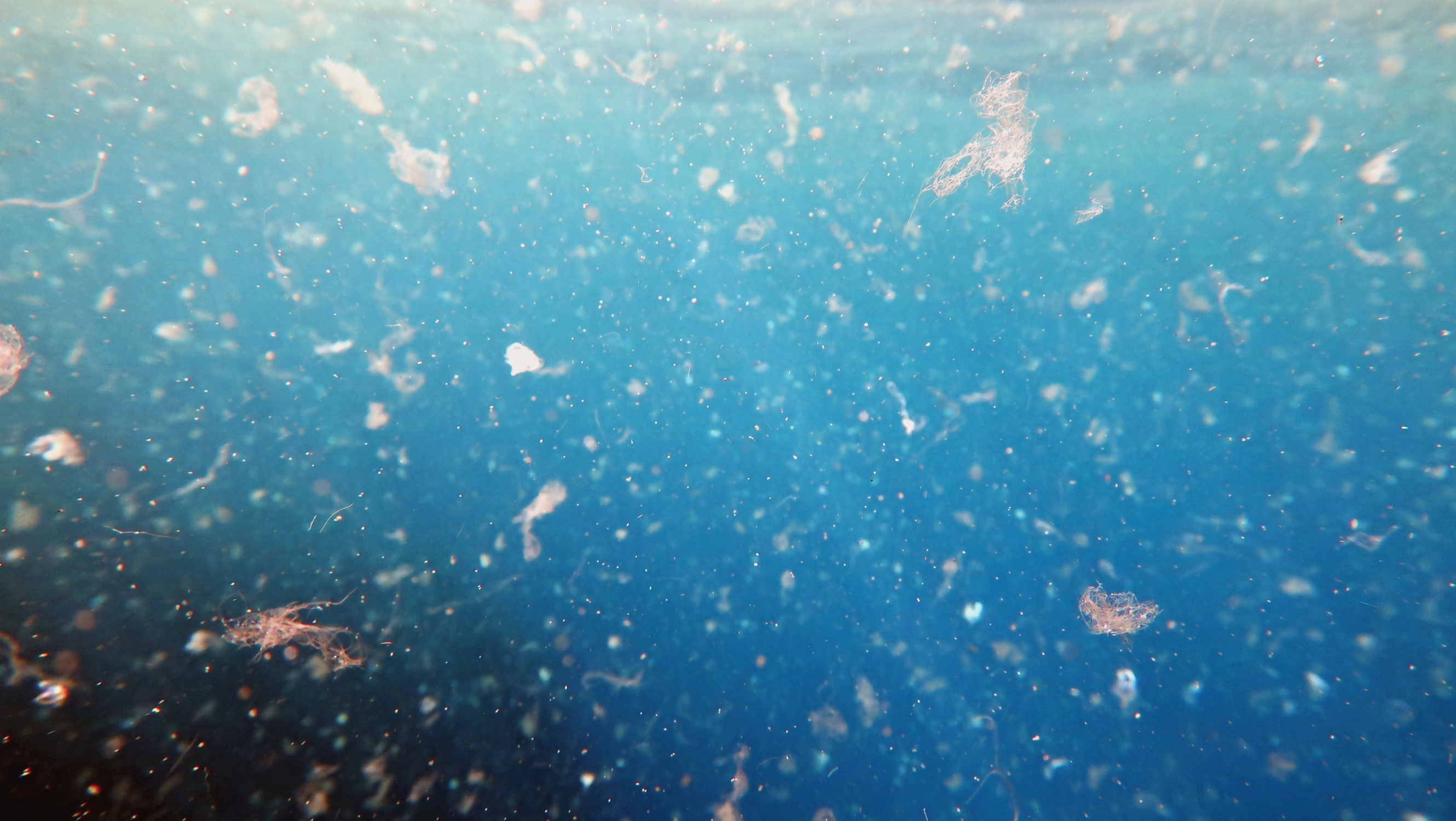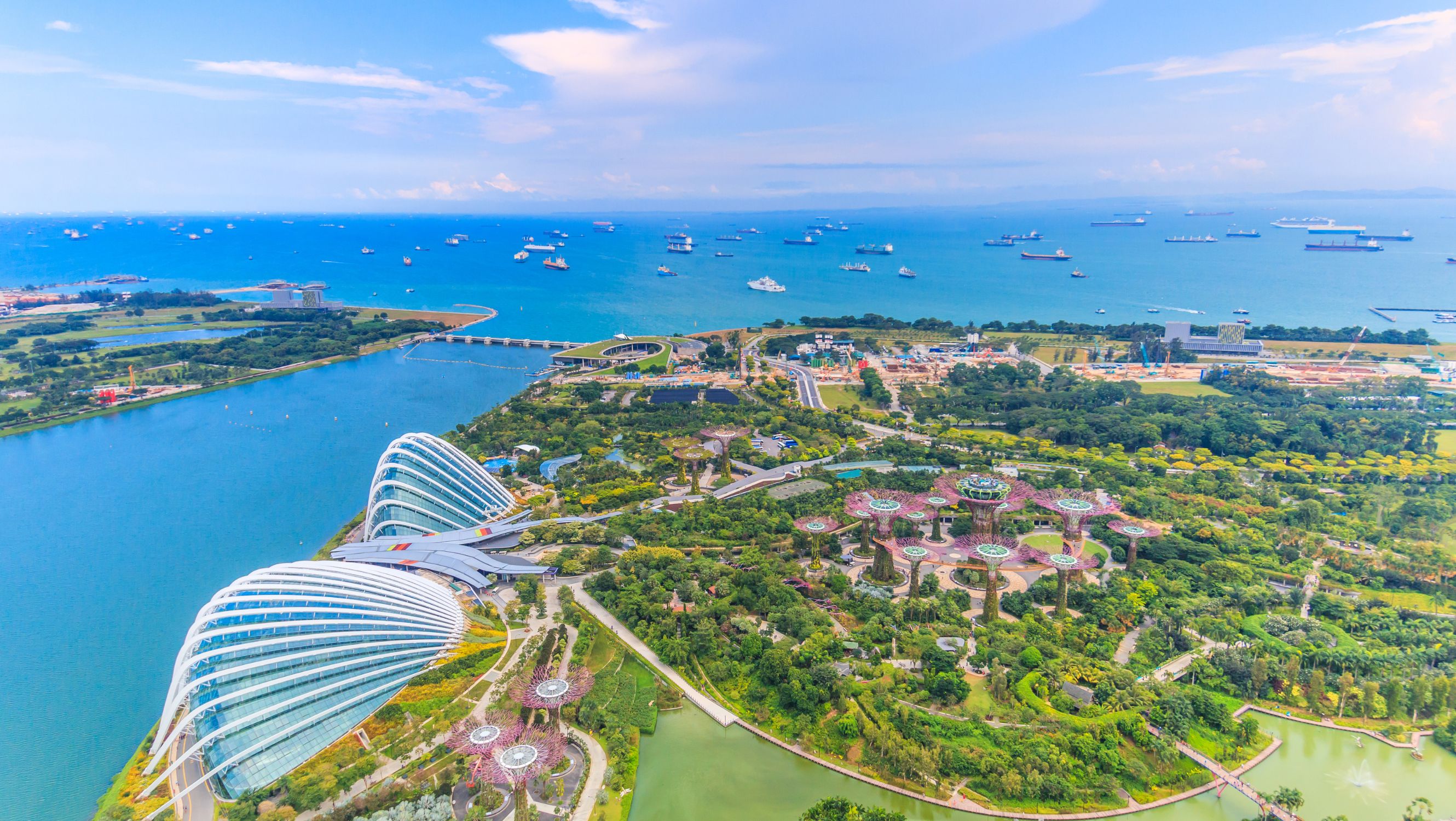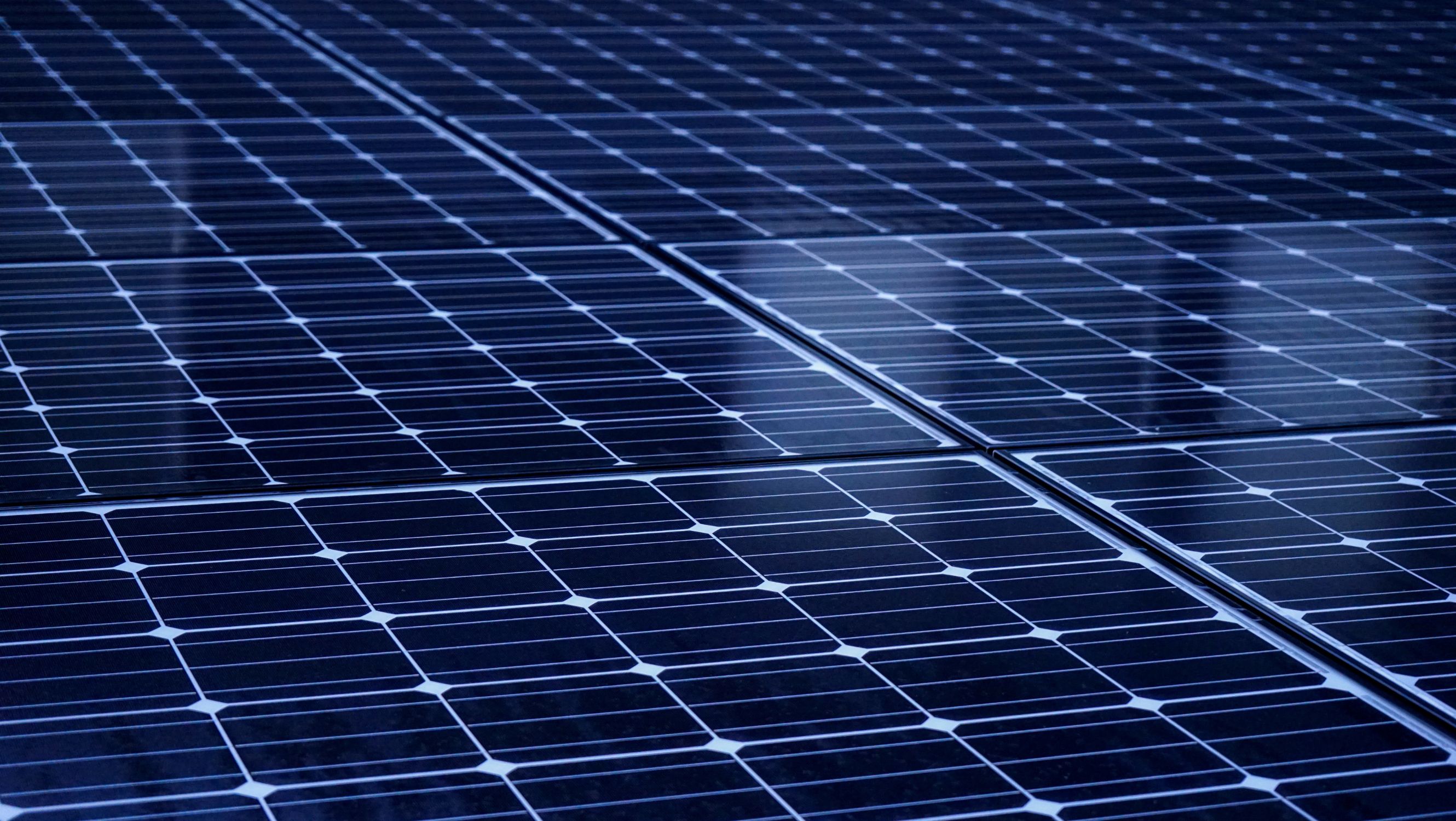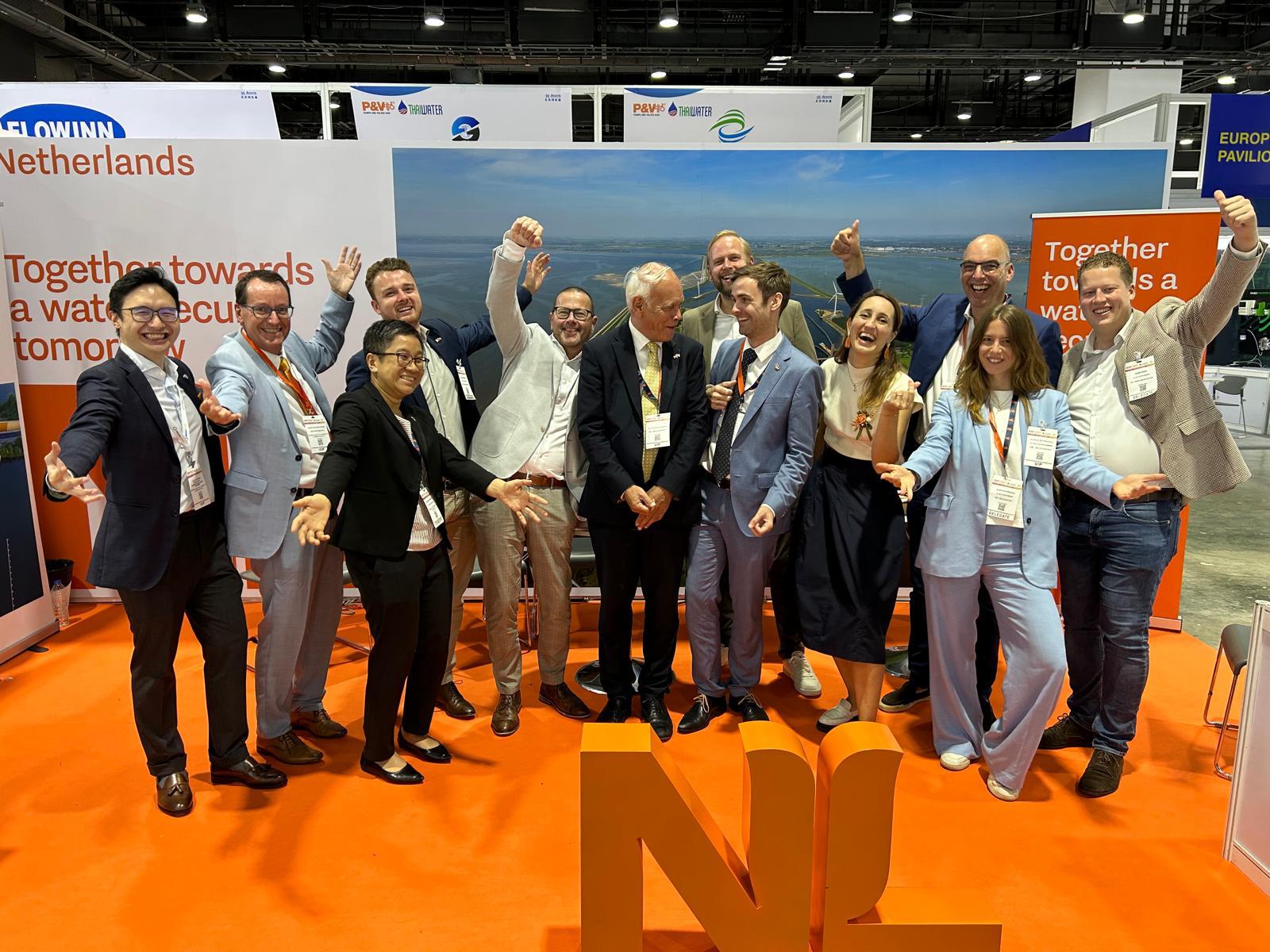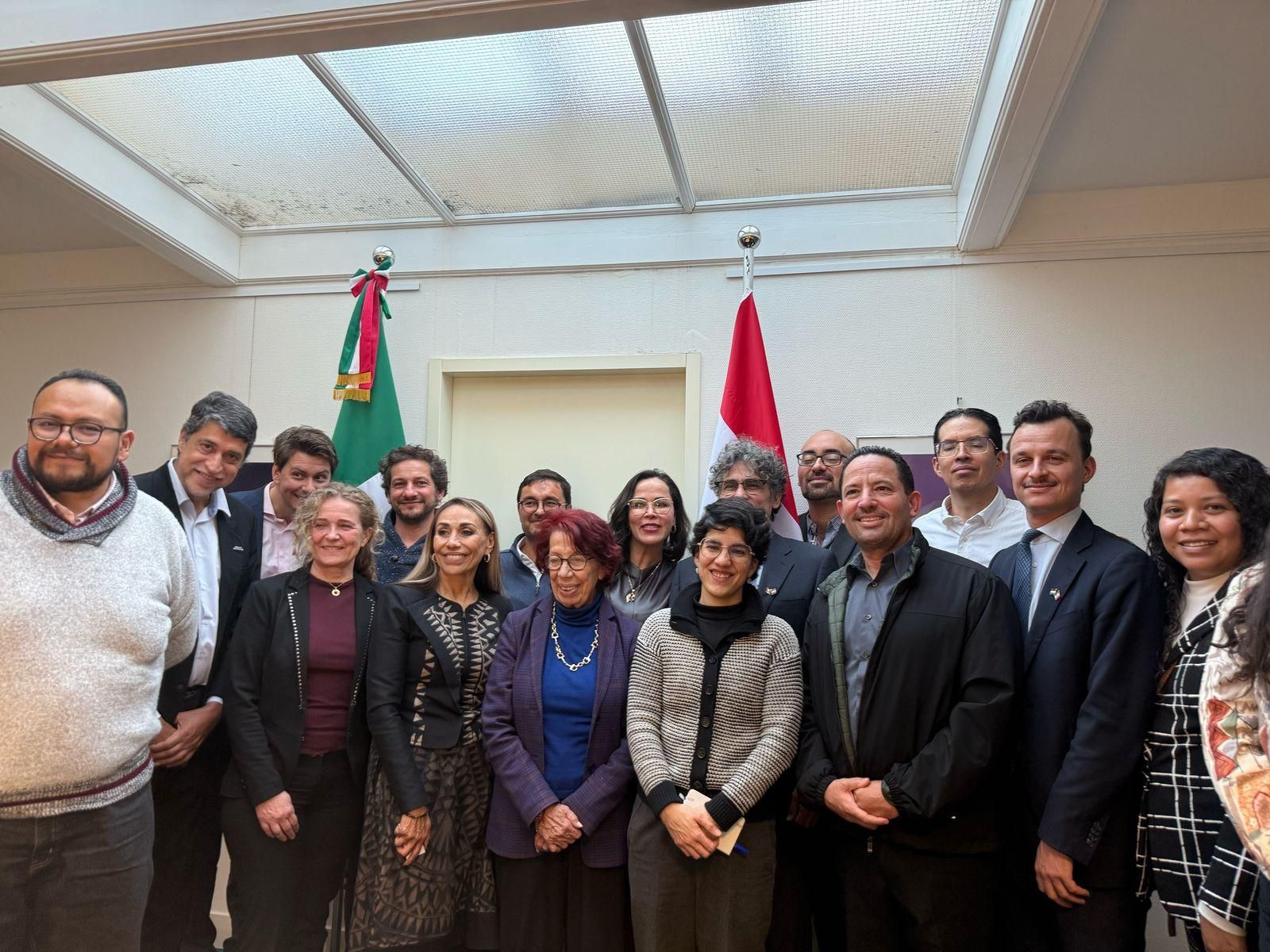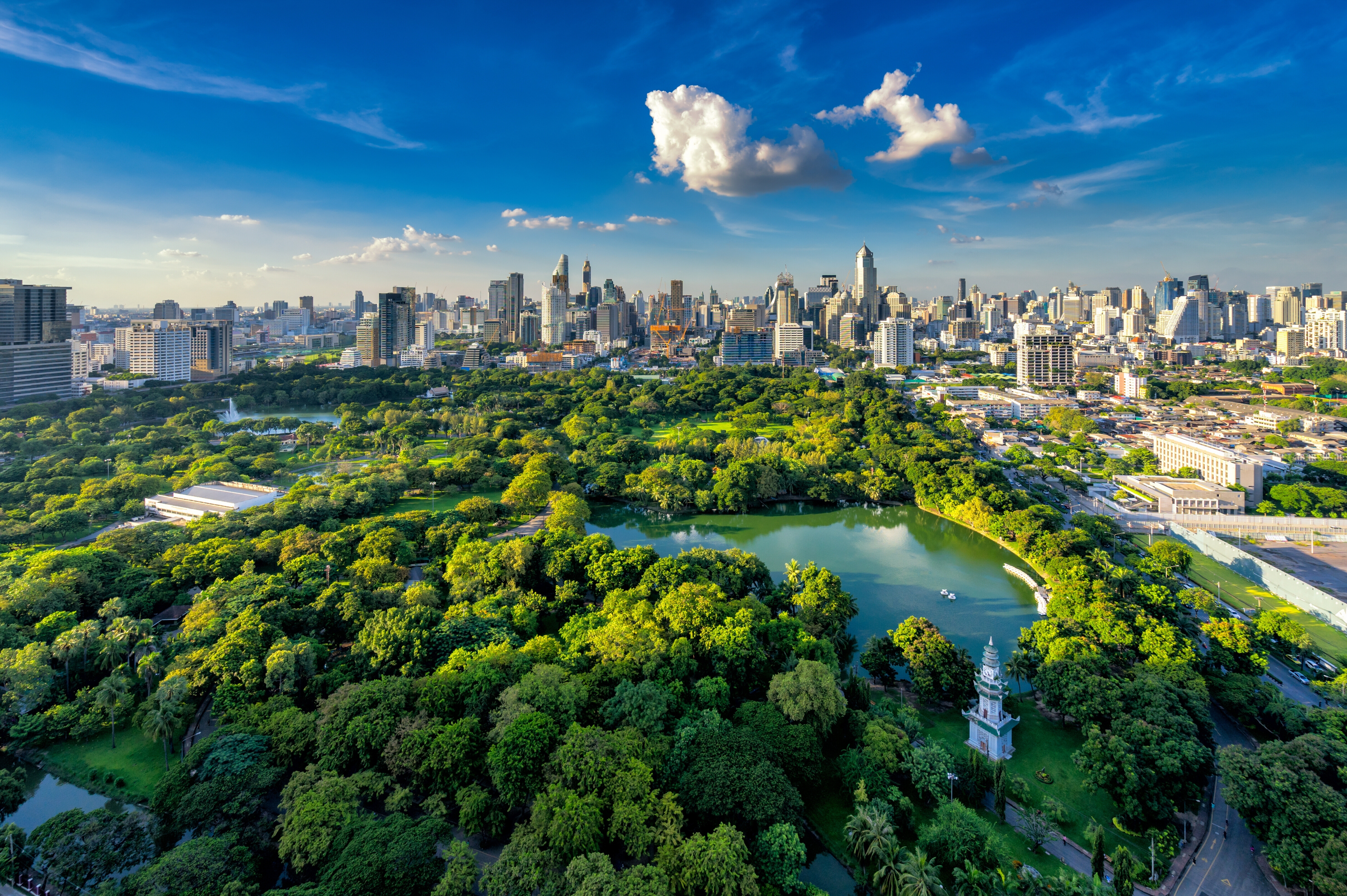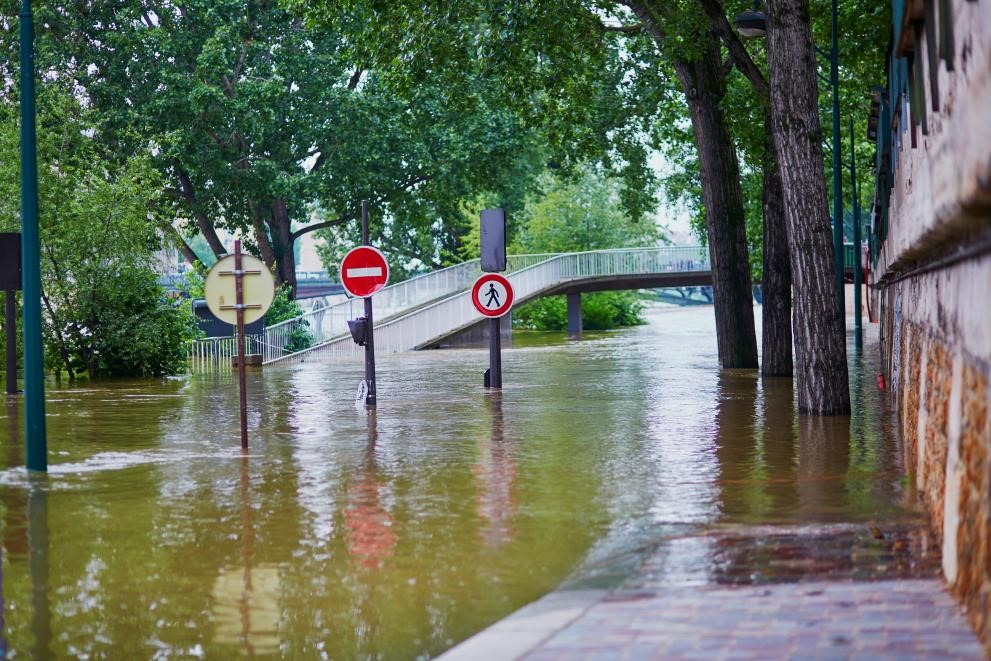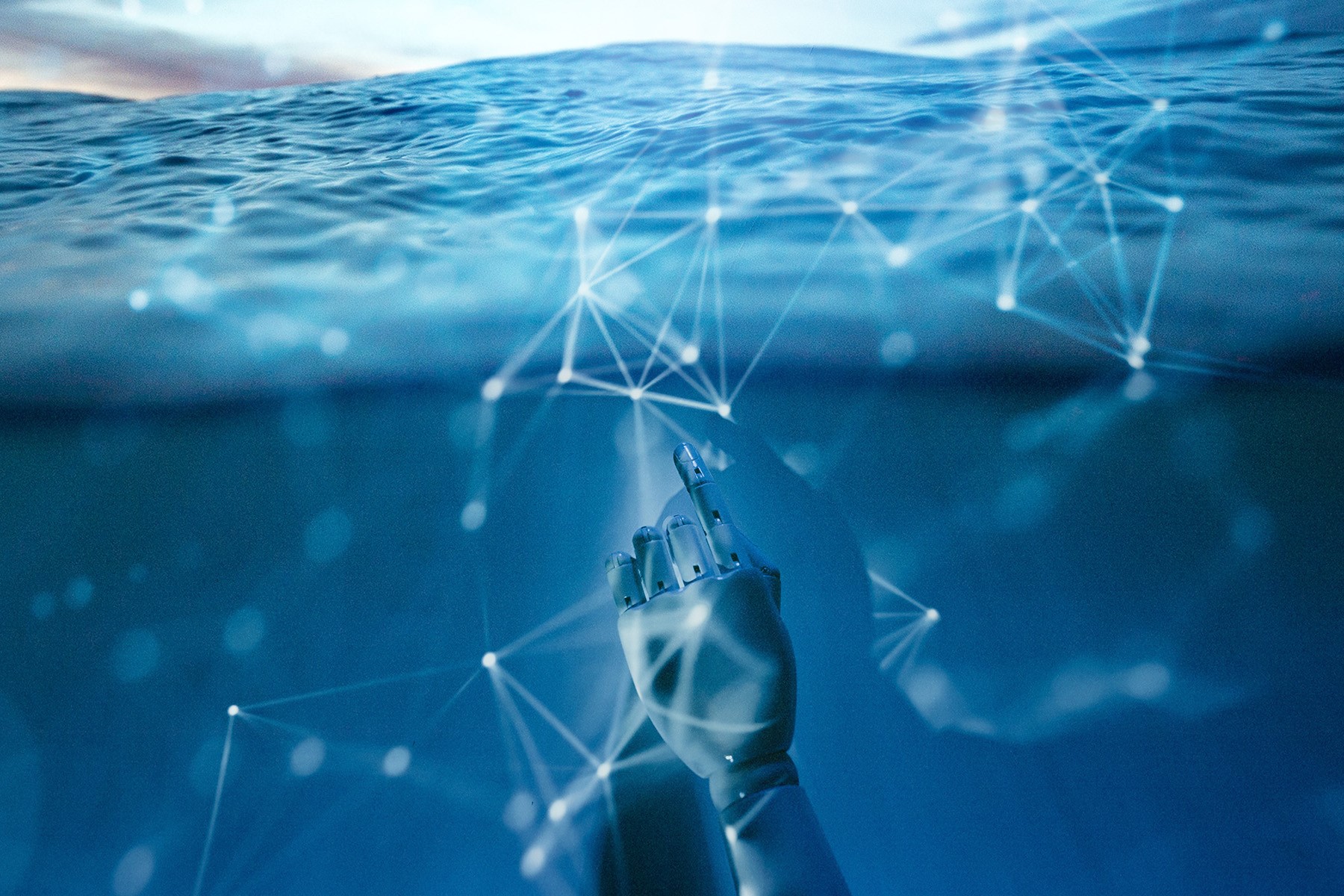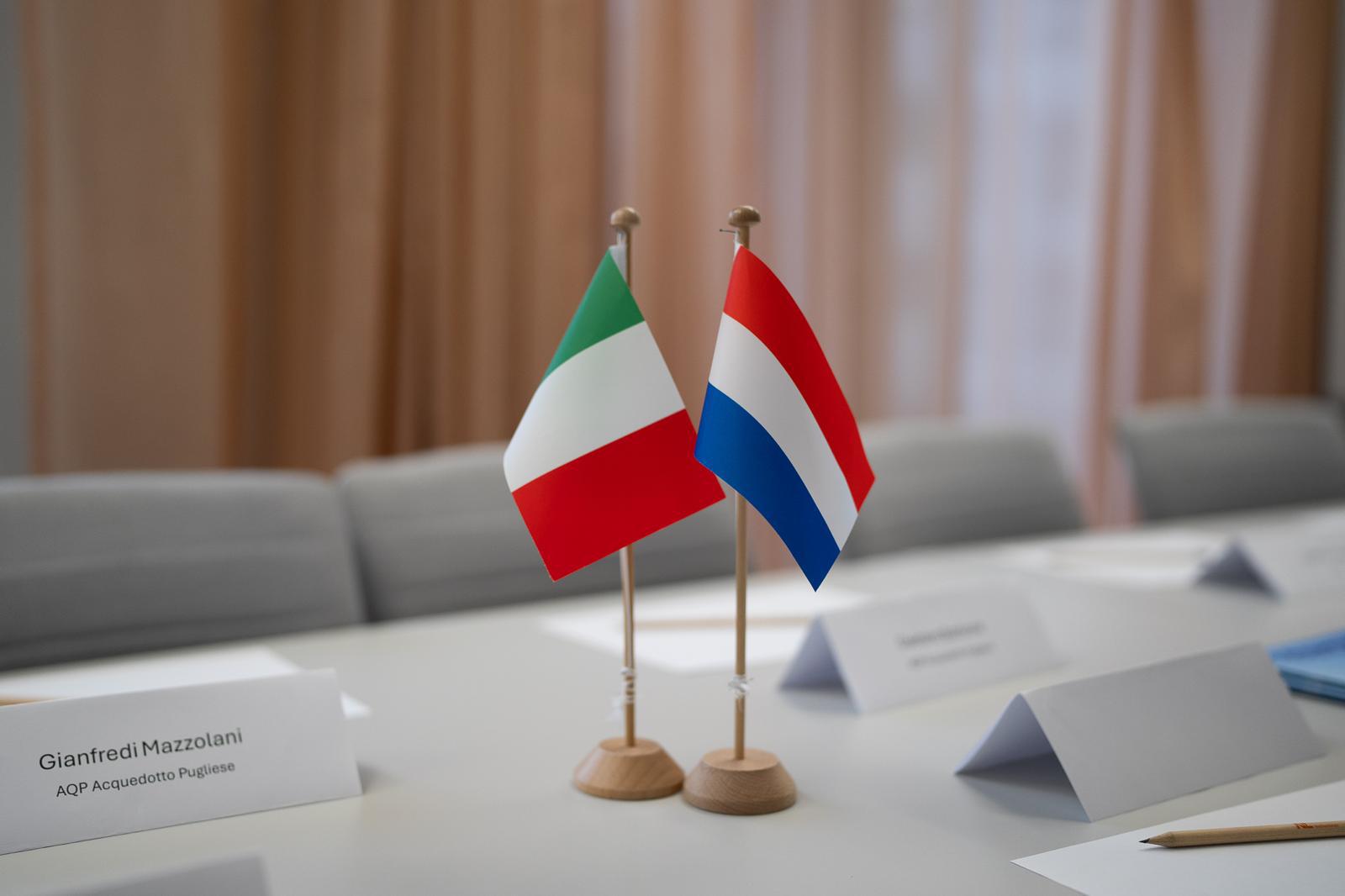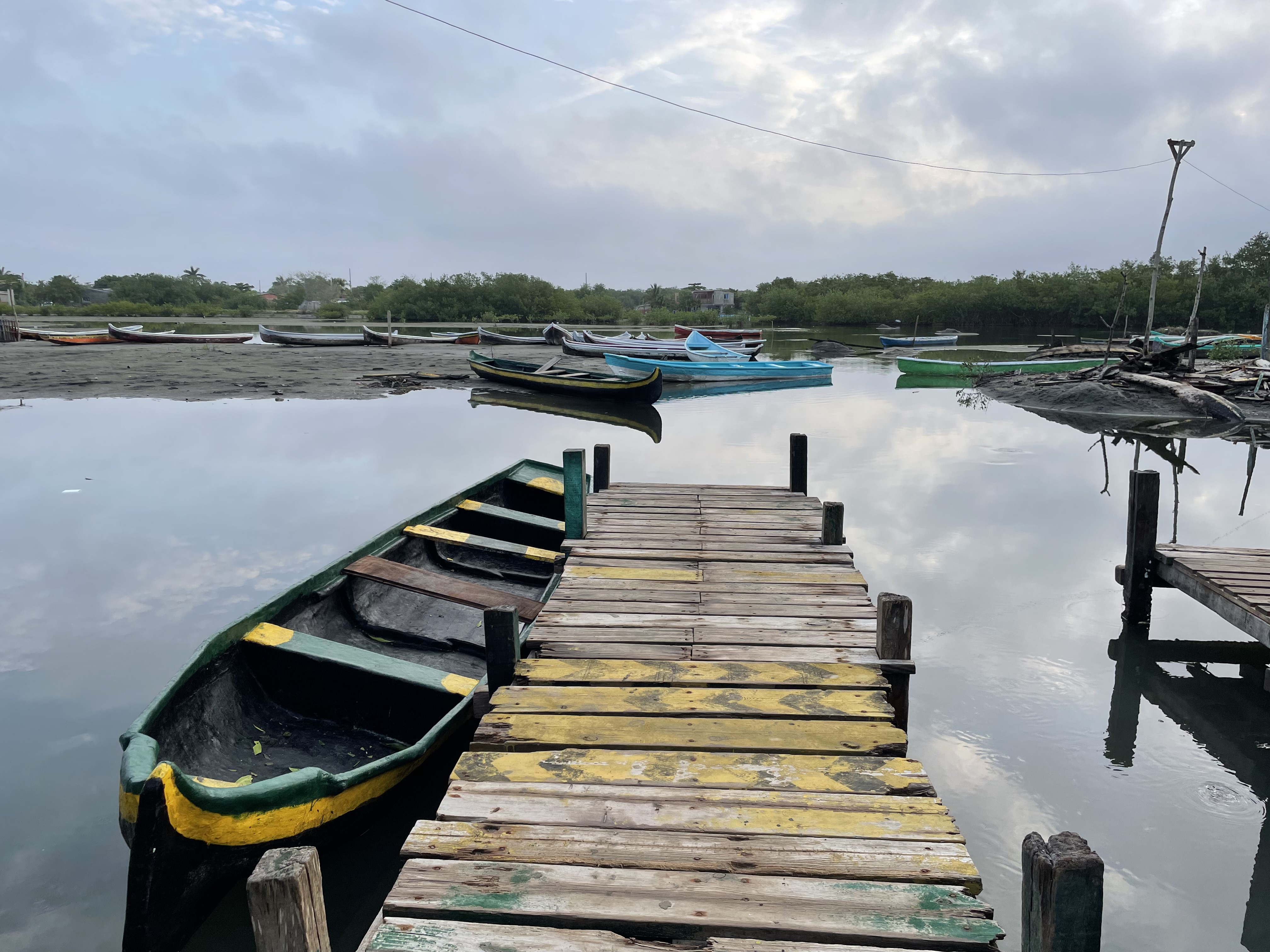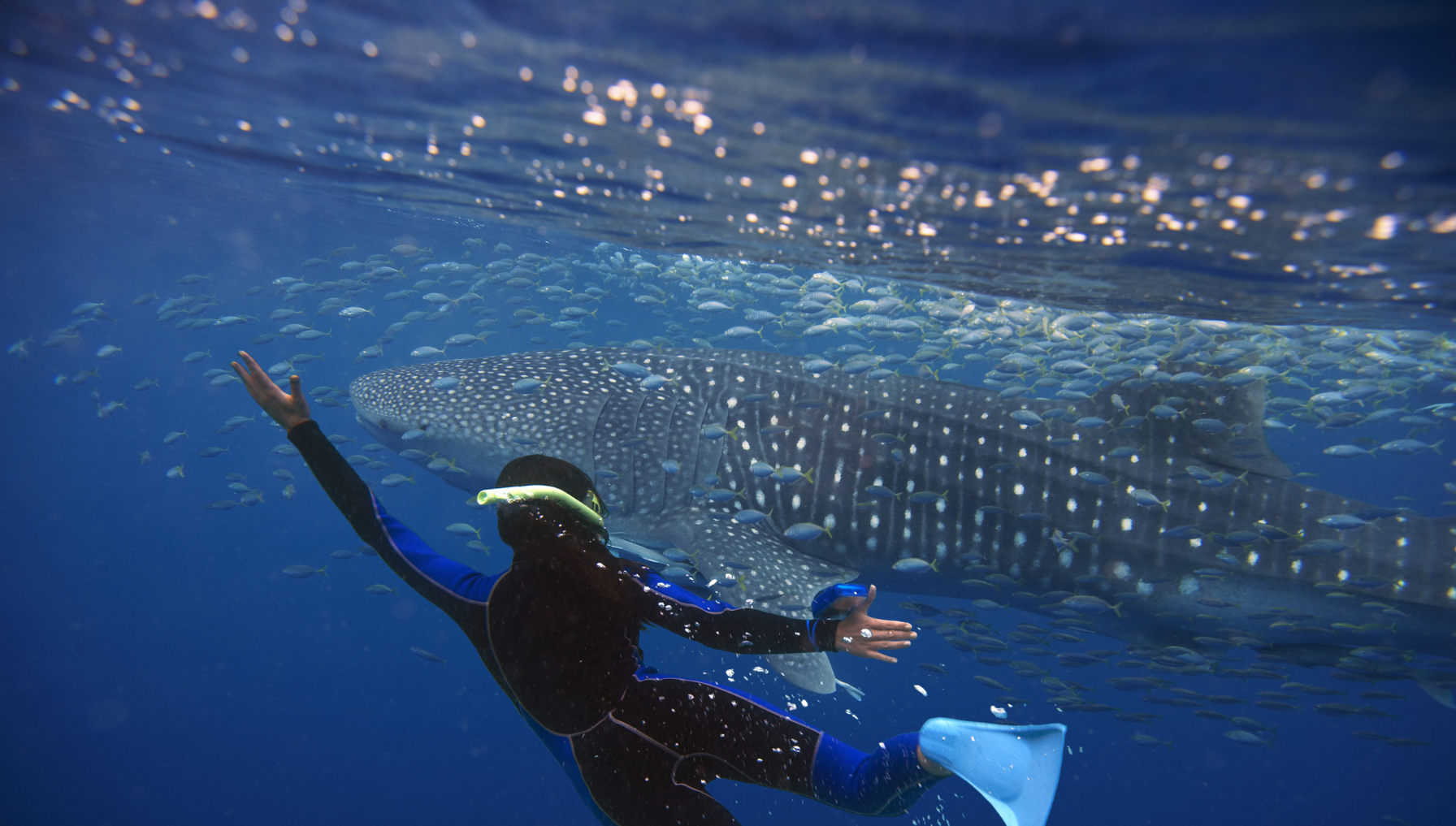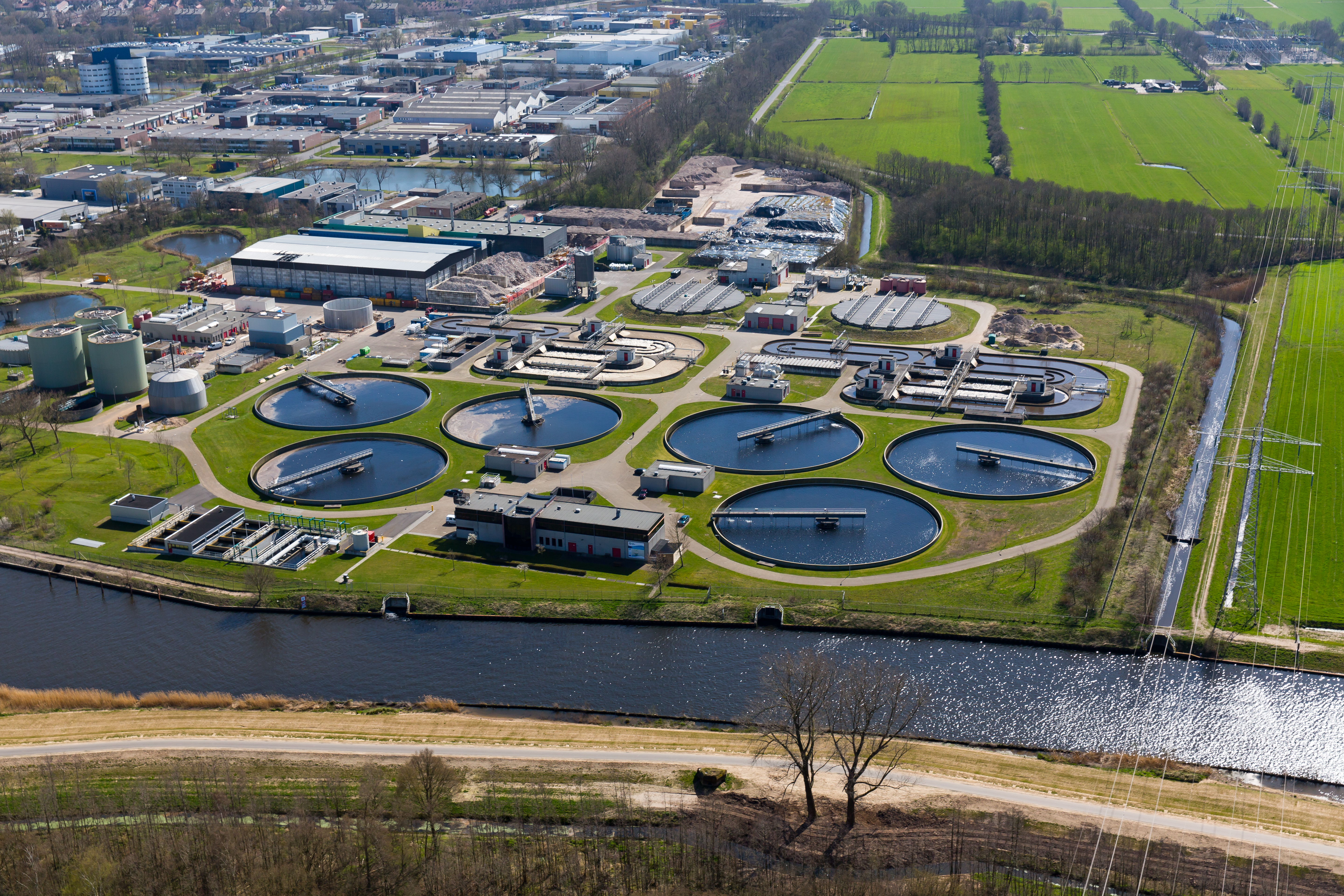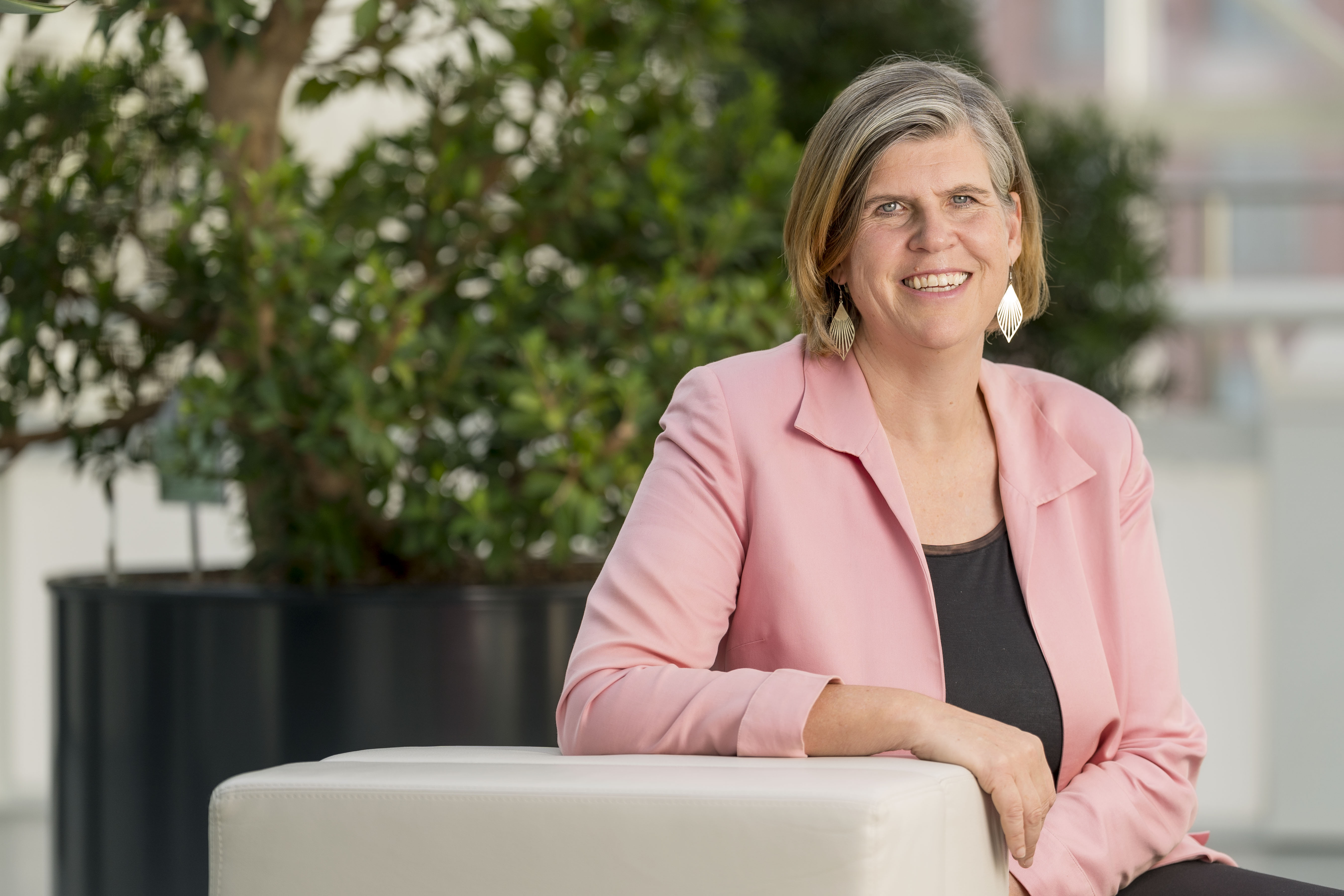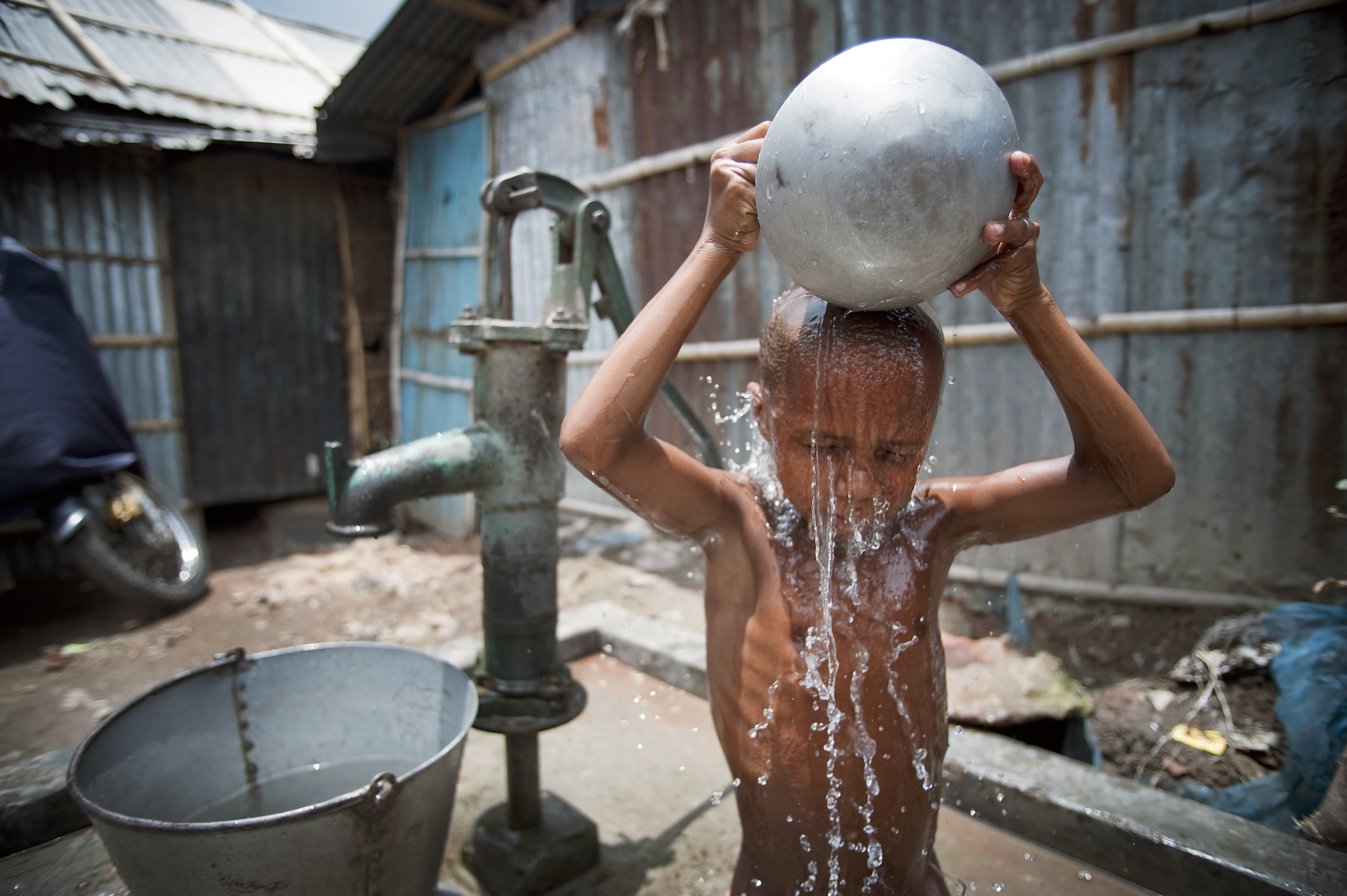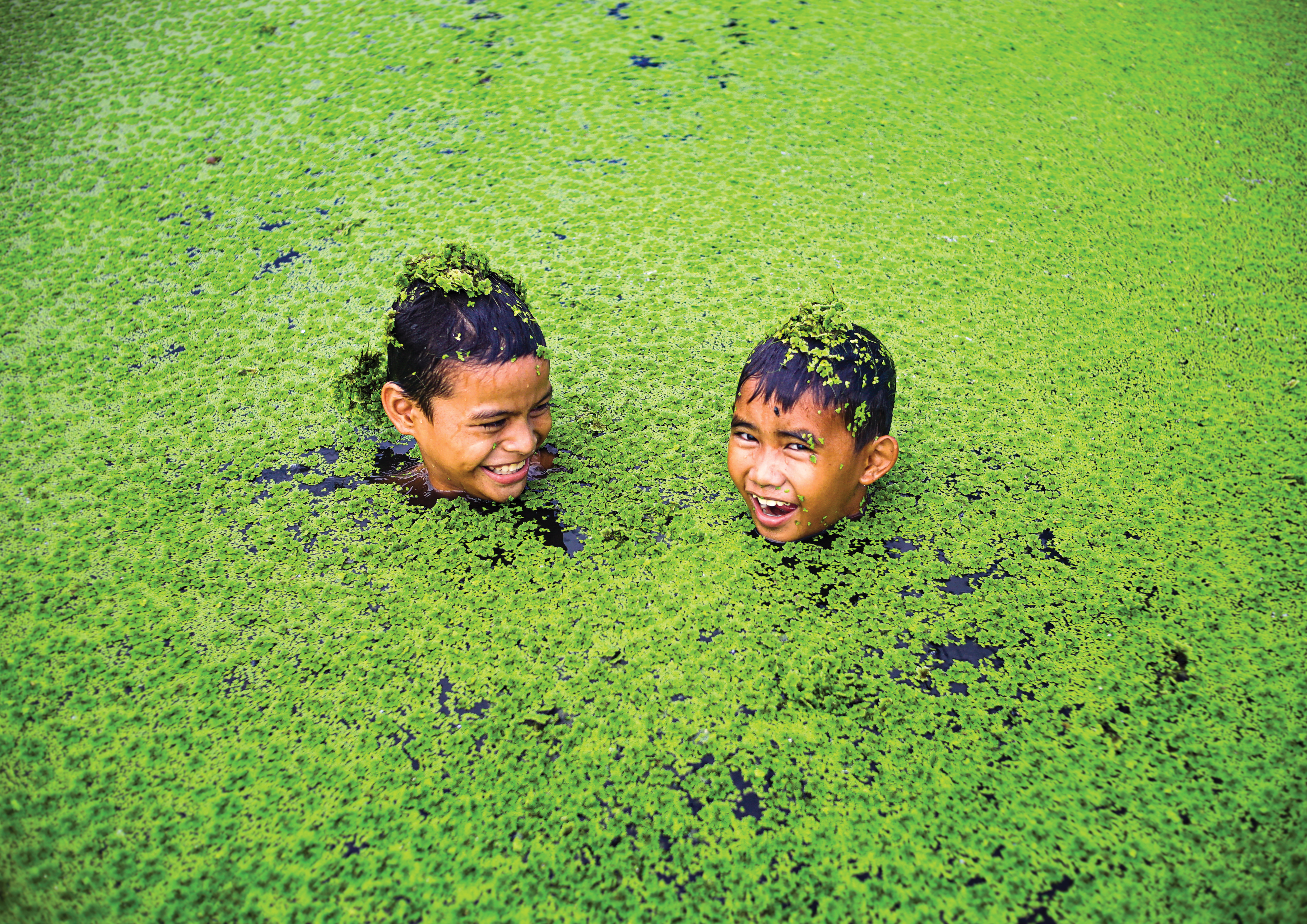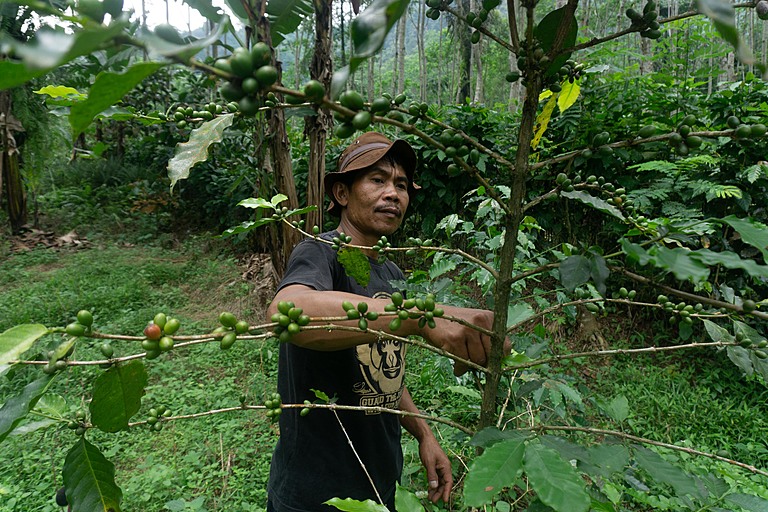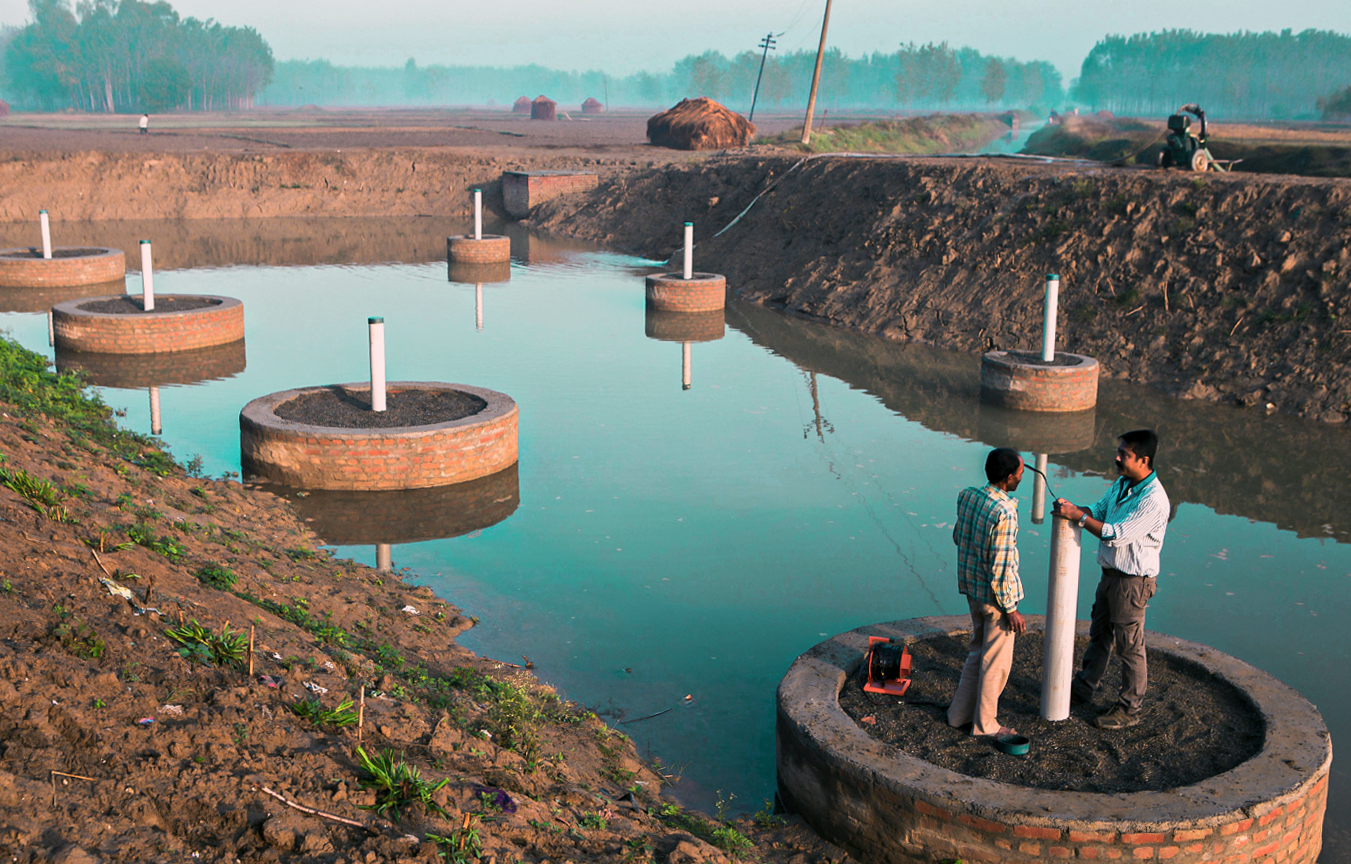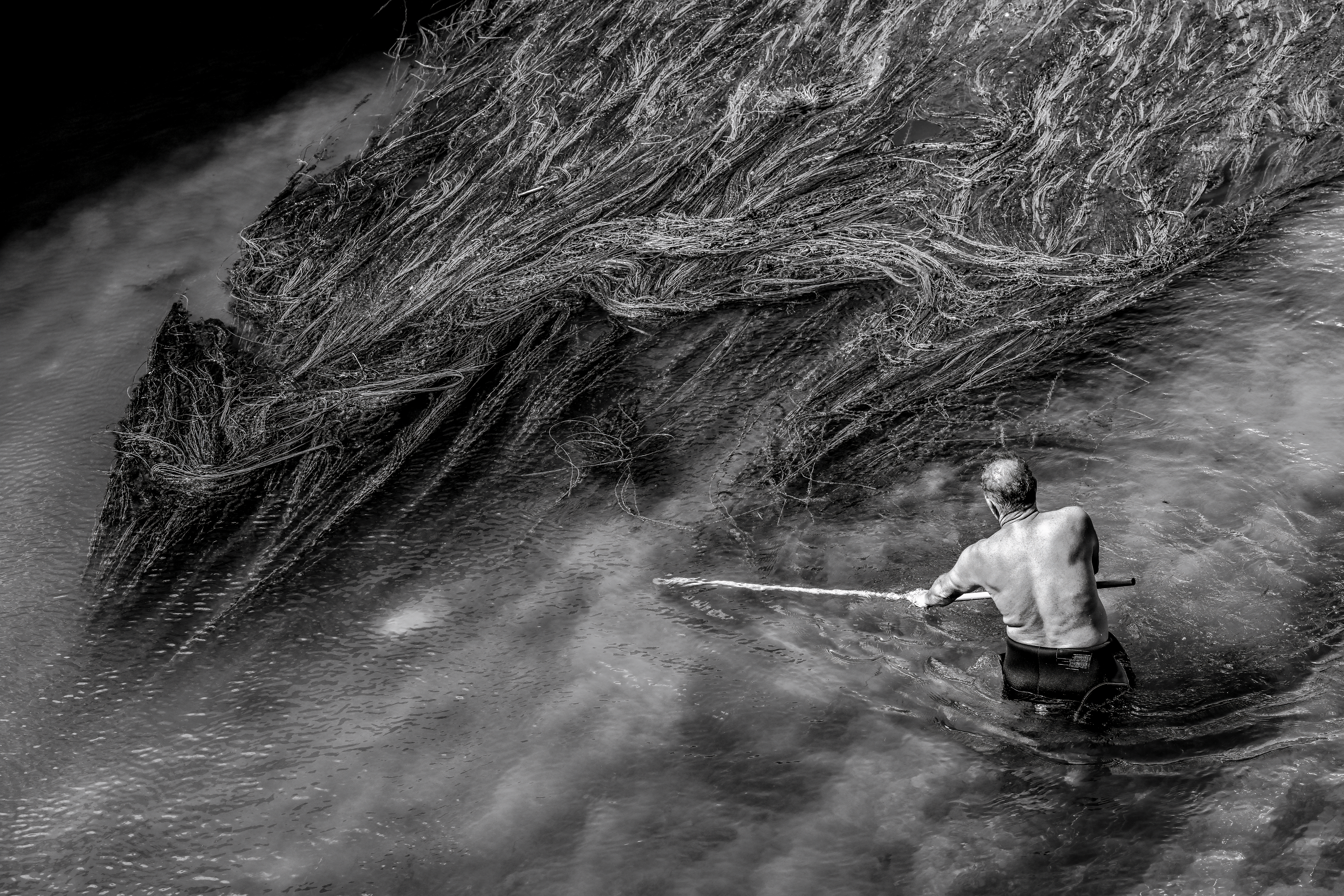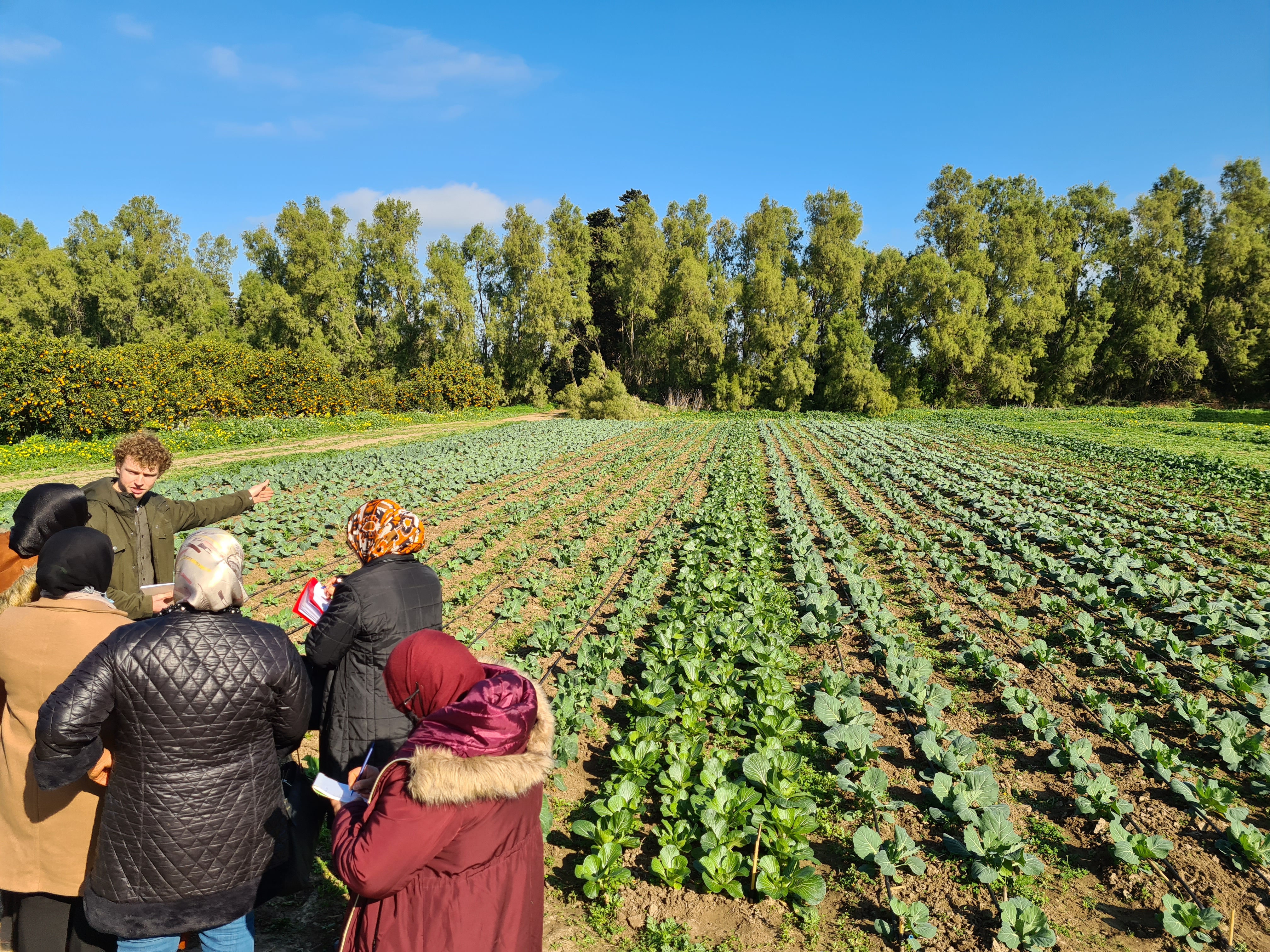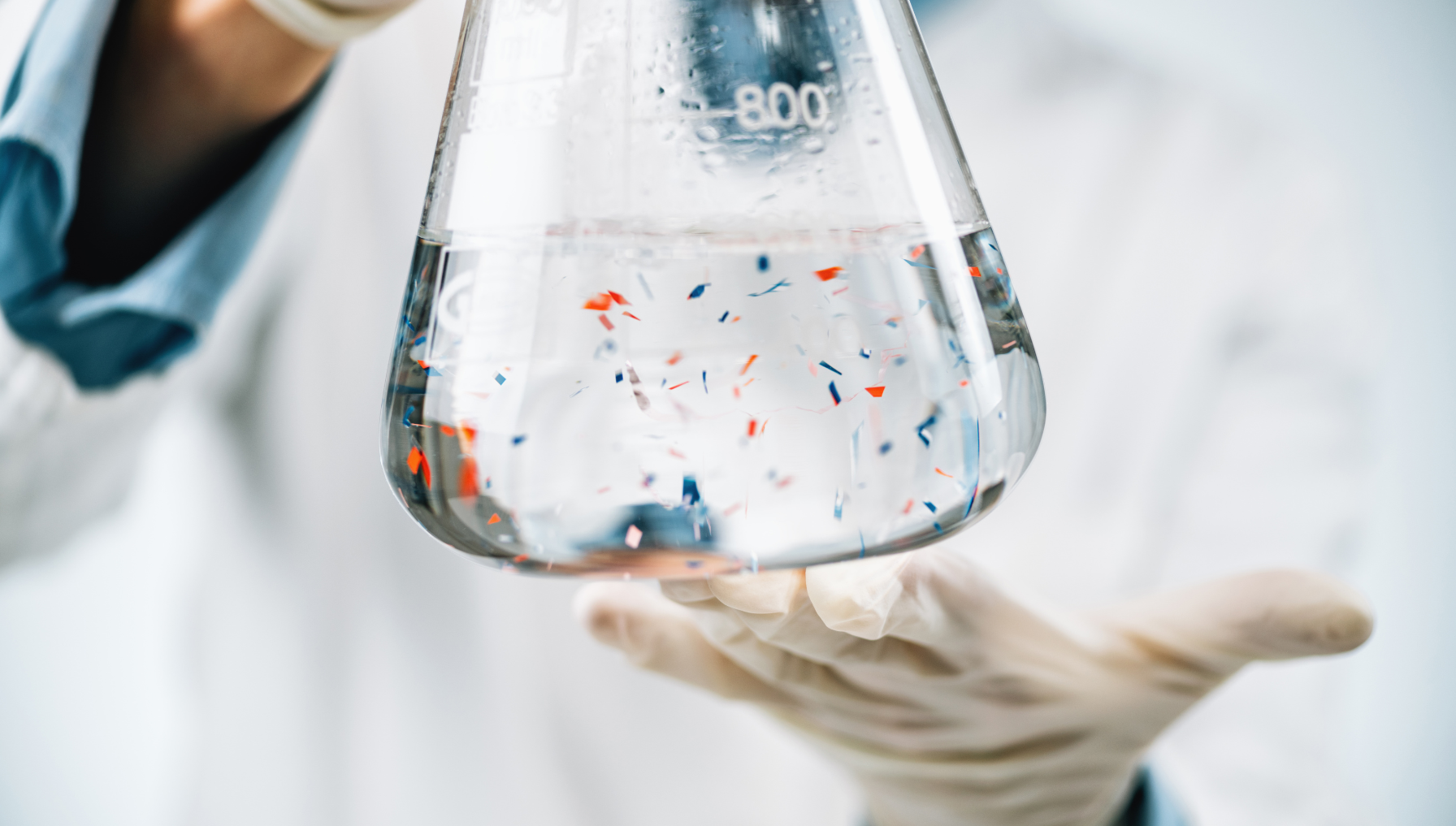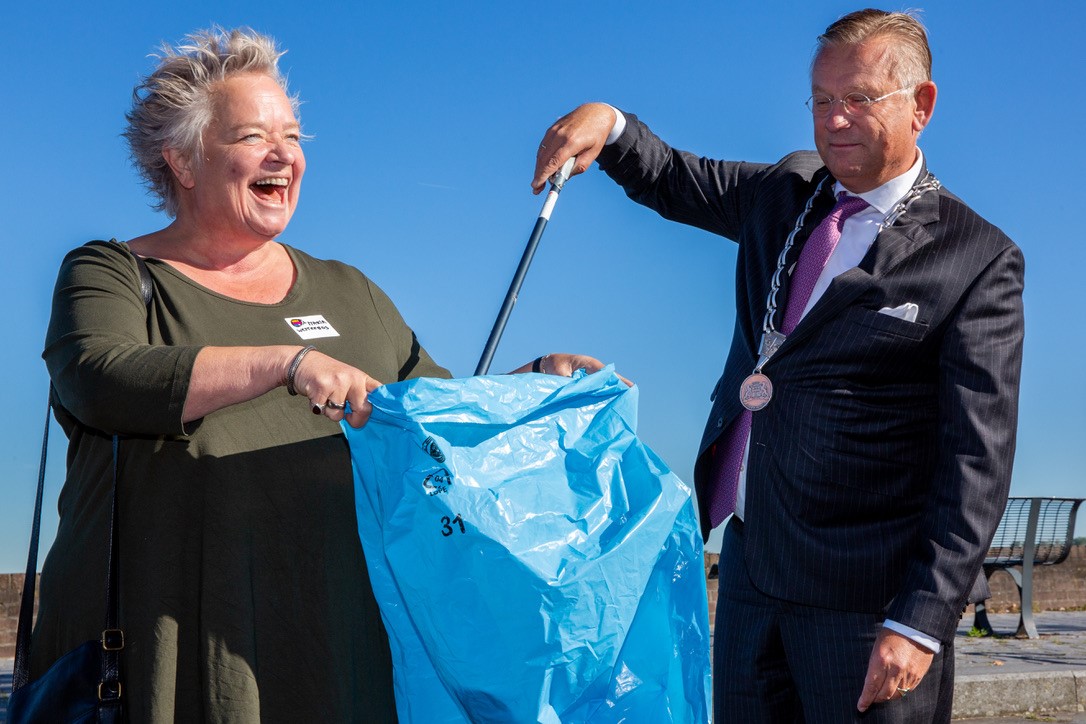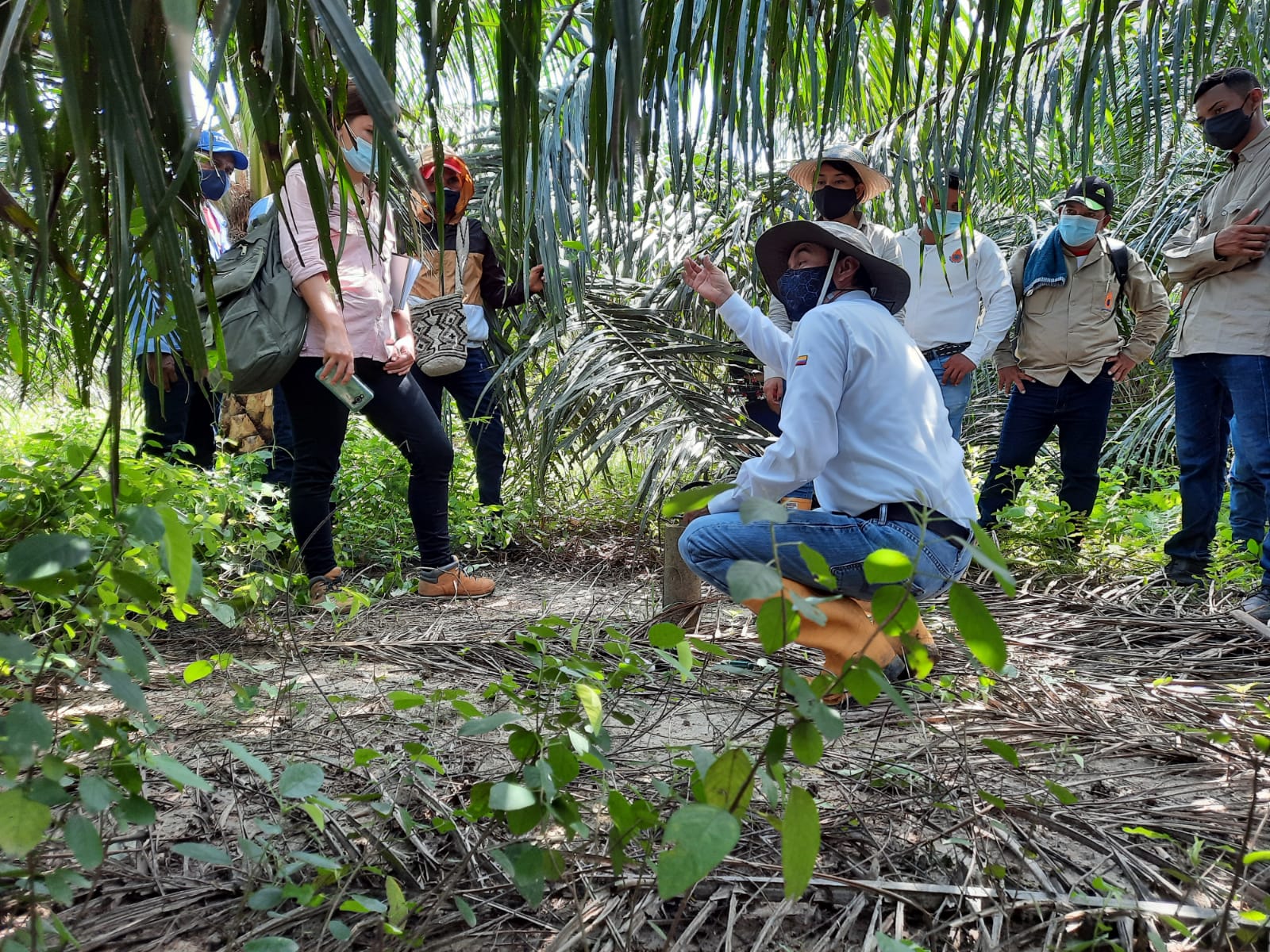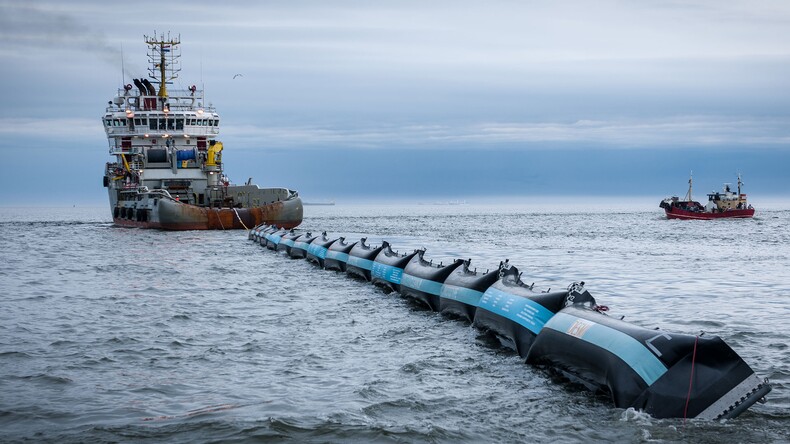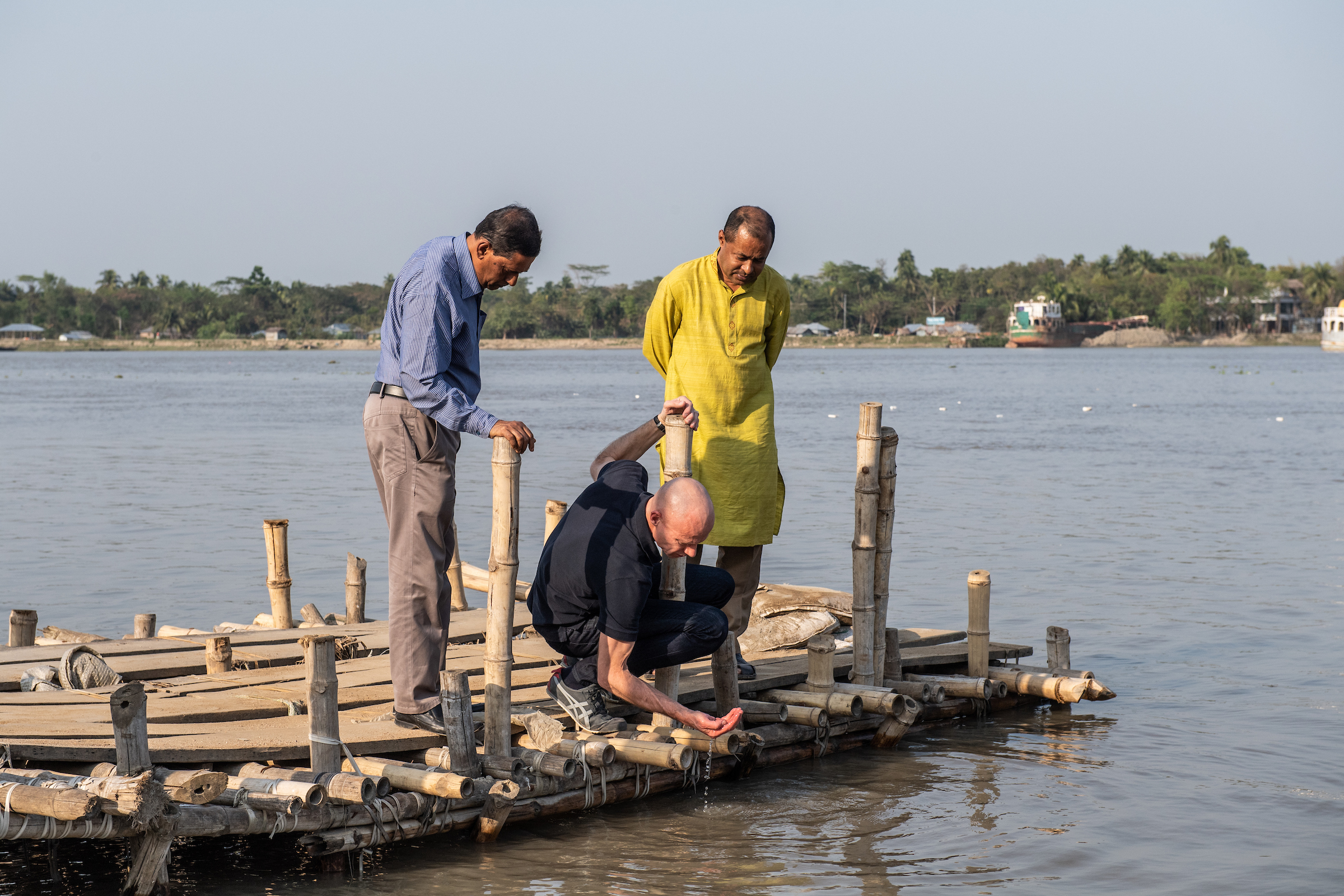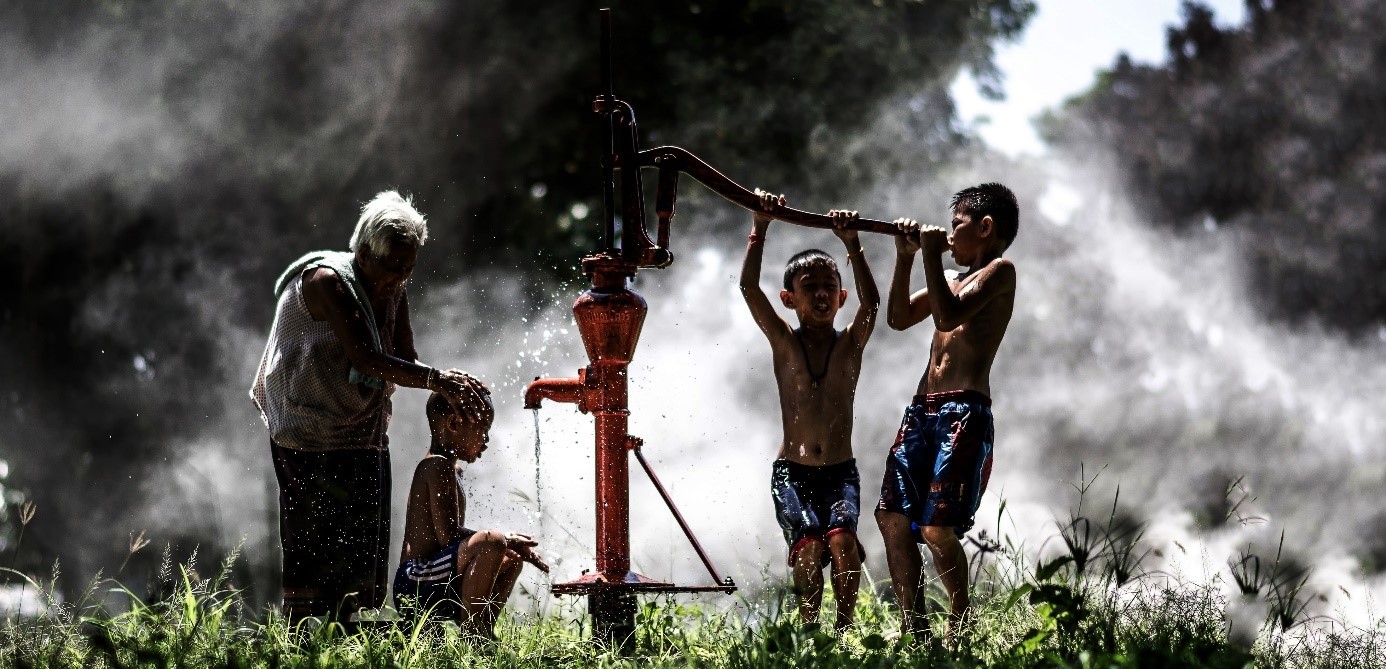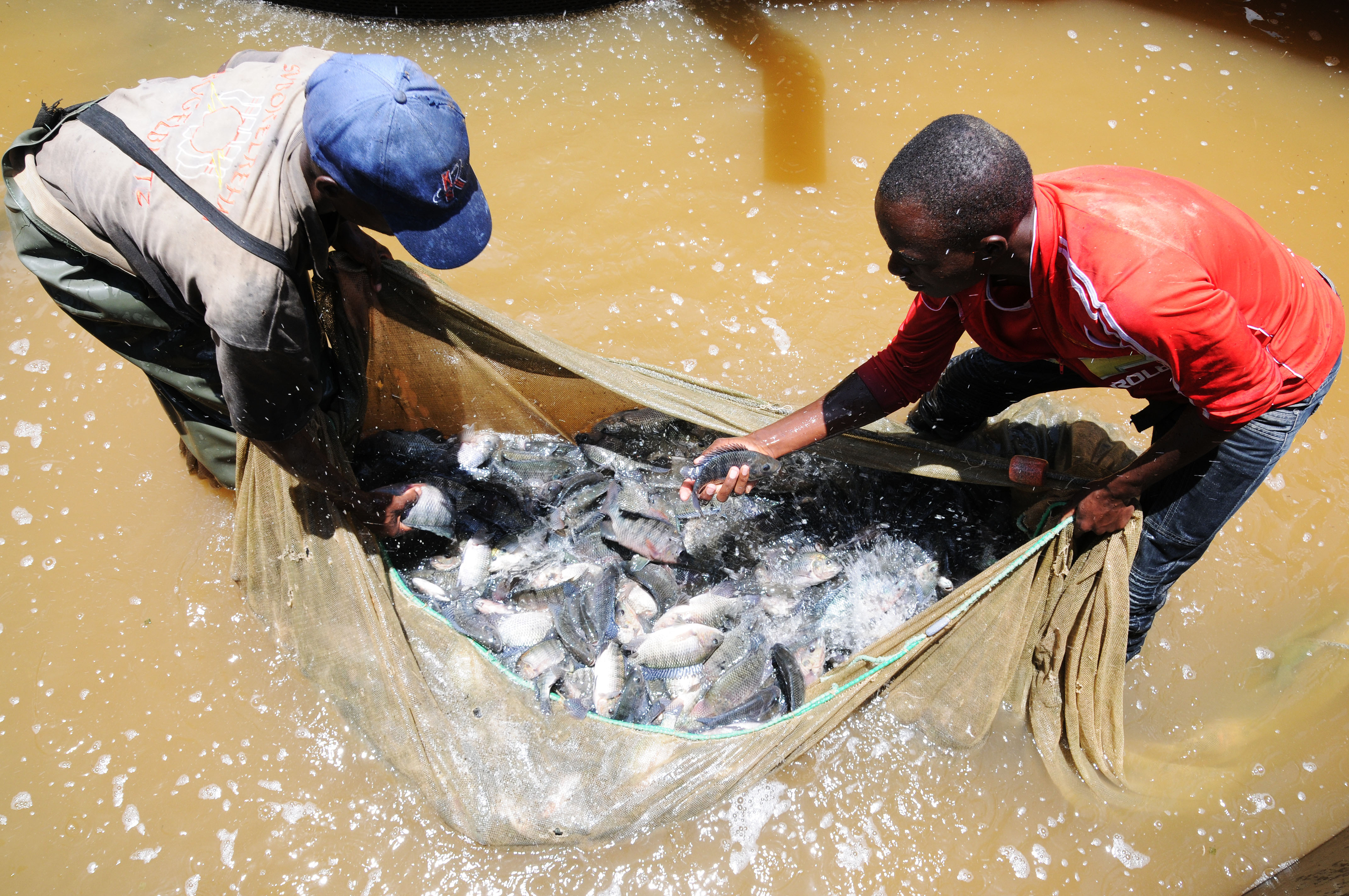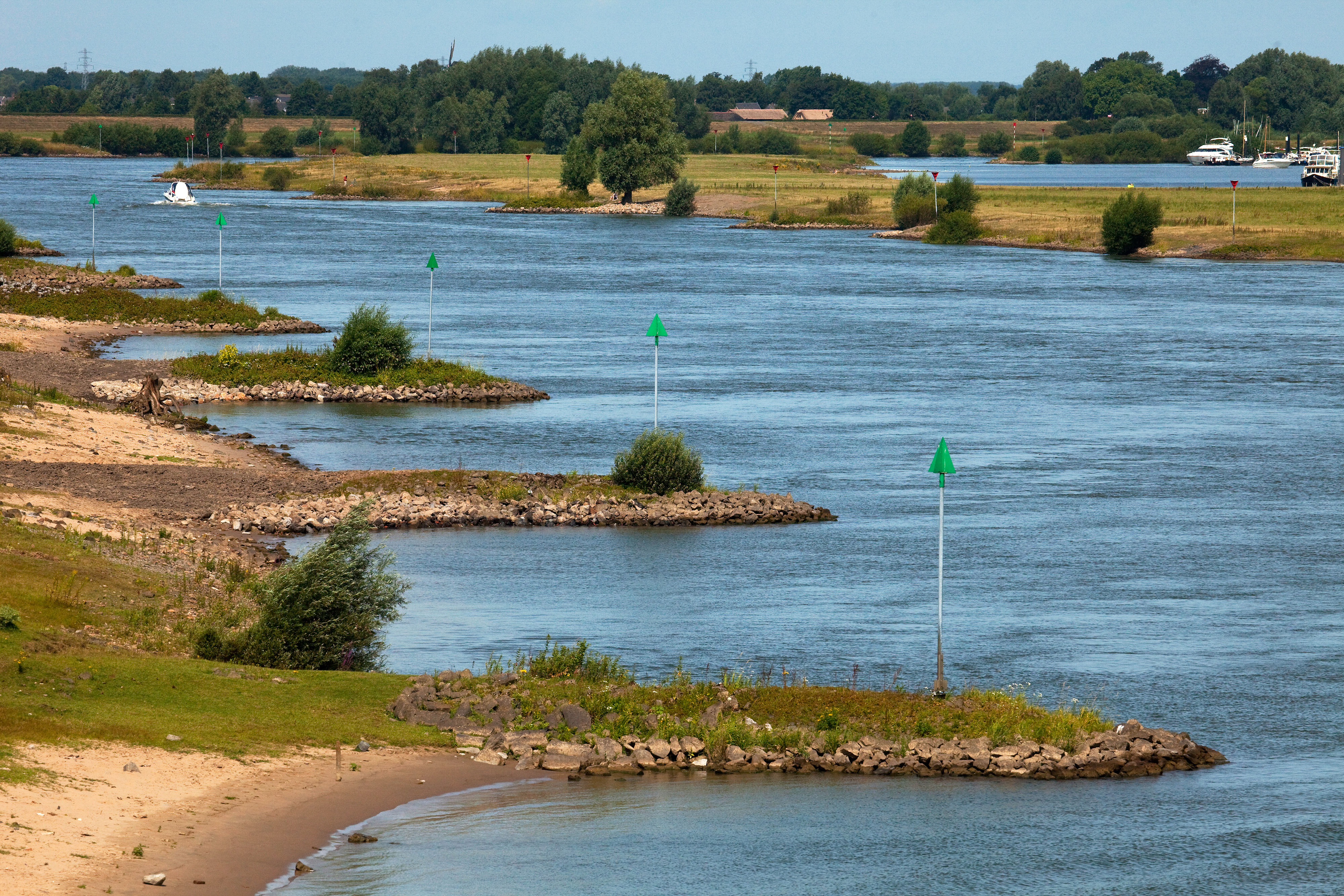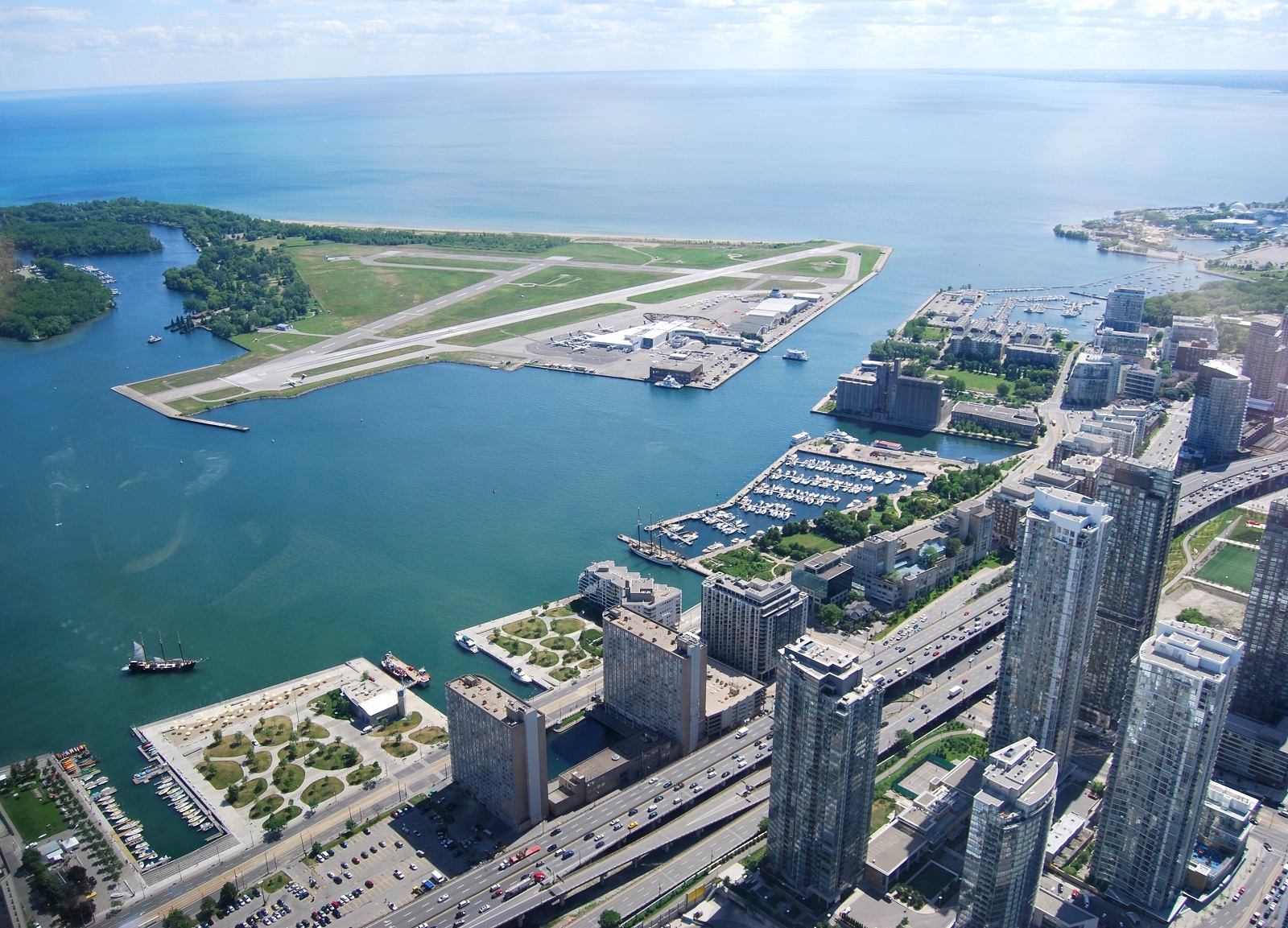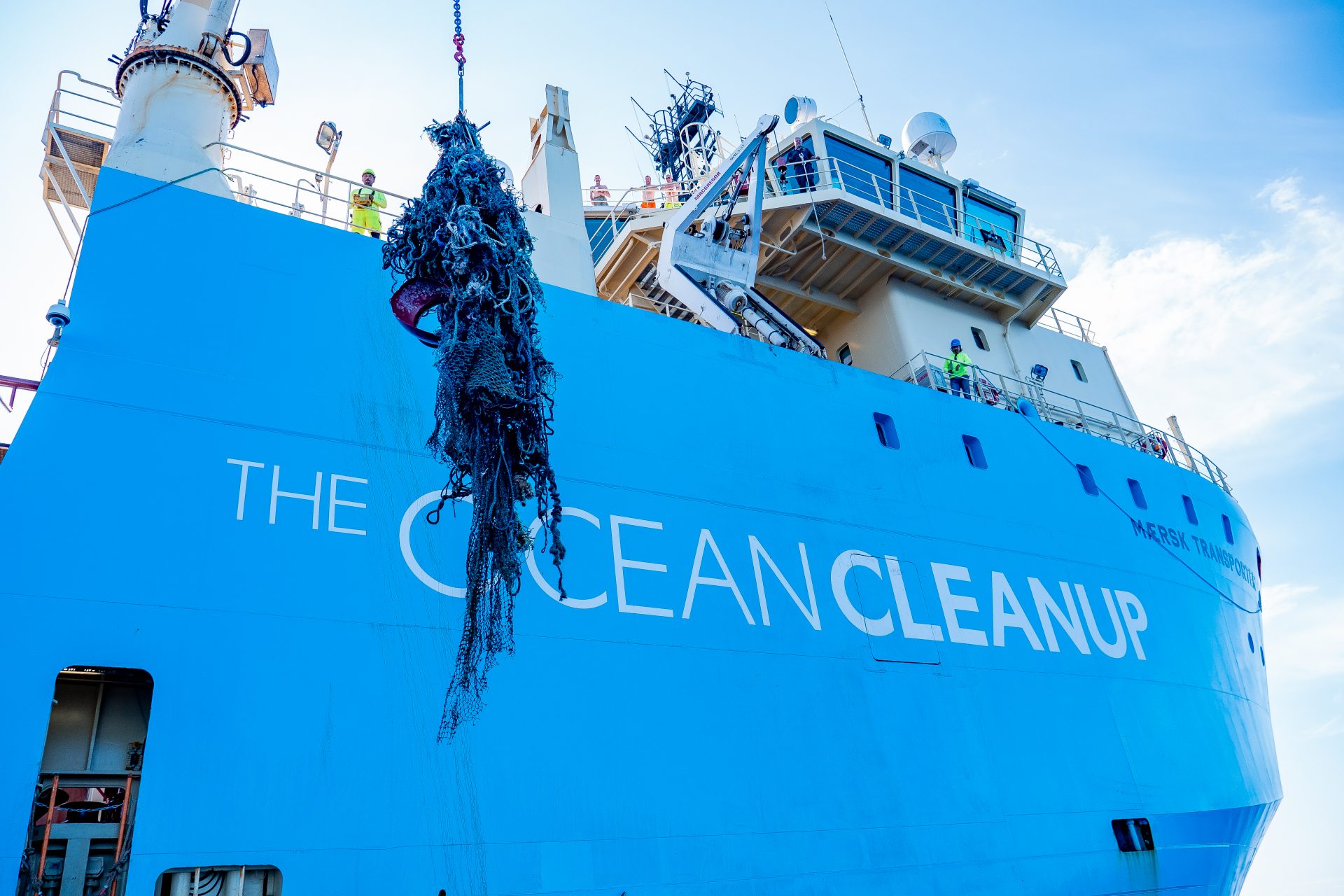
Water
Water is essential to life on earth. The world faces unprecedented climate challenges and many of them are connected to having too much, too little and too dirty water. Although water is everywhere, only 2.5 percent of the world’s water is fresh water. Out of this fresh water, only a tiny amount (1 percent) is readily available in lakes, rivers and wetlands. The rest is locked in glaciers (two thirds) or hidden in groundwater (almost one third). That is why the Netherlands is committed to valuing water as a precious and finite resource.
Half the world’s population already depends on groundwater for its water supply. This added to poor water management, increased household and industrial use, fast-growing populations and rapid urbanisation makes it increasingly difficult to obtain and process water. The balance is between using this resource sustainably and conserving it for future generations is vulnerable. All this underlines the importance of integrated water and resource management and innovative delta and water technology.
The United Nations recognises the importance of water in its Sustainable Development Goals. Access to clean and safe water for all is a major Sustainable Development Goal (SDG 6). It is essential for the achievement of all other SDGs. In particular the SDGs on climate action (SDG 13), sustainable cities and communities (SDG 11), and responsible consumption and production (SDG 12). Clean water is also a key factor in protecting ecosystems and biodiversity ─ covered by SDG 14 life below water and SDG 15 life on land.
The Dutch relationship with water
The Netherlands’ history, culture and future are inextricably linked to water. Our history and culture has been formed by water. From this experience and by working together across sectors, we have learnt to adapt and create sustainable and inclusive solutions in dealing with water-related challenges. As a low-lying delta region on the western outskirts of the European continent, the Netherlands has developed into a reliable partner in solving water challenges for:
- Resilient cities and deltas
- Water solutions for food and energy
- Clean and safe water for all
Climate change is making us think about how to make urban areas, river deltas and coastal areas resilient to water-related challenges such as storm surges, excessive rainfall and higher sea levels. The same threats place our food and energy systems under pressure as these are both water-intensive sectors. Also agricultural land and energy plants are often under threat as they are located in deltas and coastal areas. And with the global population predicted to grow to 9 billion by 2050, ensuring water security will require water and delta technology for an efficient water cycle.
Inclusive stakeholdership
Our oldest democratic institutions date back to the water boards set up in the 13th century. We have learnt that the best results are achieved through an inclusive process which takes the needs of all stakeholders into account. That is why the Netherlands works together with companies, knowledge institutions, NGOs, government and local communities to resolve water-related challenges at local, national and worldwide level. Where the Dutch once built dikes in the fight against water, we have now learned to live with water. Today water and delta technology harness the power of water, many of them employing nature-based solutions in inclusive stakeholder processes.
Let’s share knowledge
The Netherlands is willing to share our knowledge and skills in developing resilient cities, food and energy systems that are less reliant on water and safe and secure water and wastewater management systems with our international partners. We envisage a future in which sewage is no longer waste but a valuable resource. Precious minerals can be recovered and residual waste used as a new energy source. A future where we co-create room for the rivers and build resilient cities and communities throughout the world together with our international partners.
Since August 2023, Meike van Ginniken is the Water Envoy of the Kingdom of the Netherlands. In this video - published at the AIWW2023 Integrated Leaders Forum - she shares three things we need to do to make water the engine of climate adaptation.
Let’s take action for a water-secure future!
If you are interested in finding out more about tackling global water and climate adaptation issues, read: Geography of Future Water Challenges | PBL Netherlands Environmental Assessment Agency
Interested in getting involved? Connect with our water partners.
